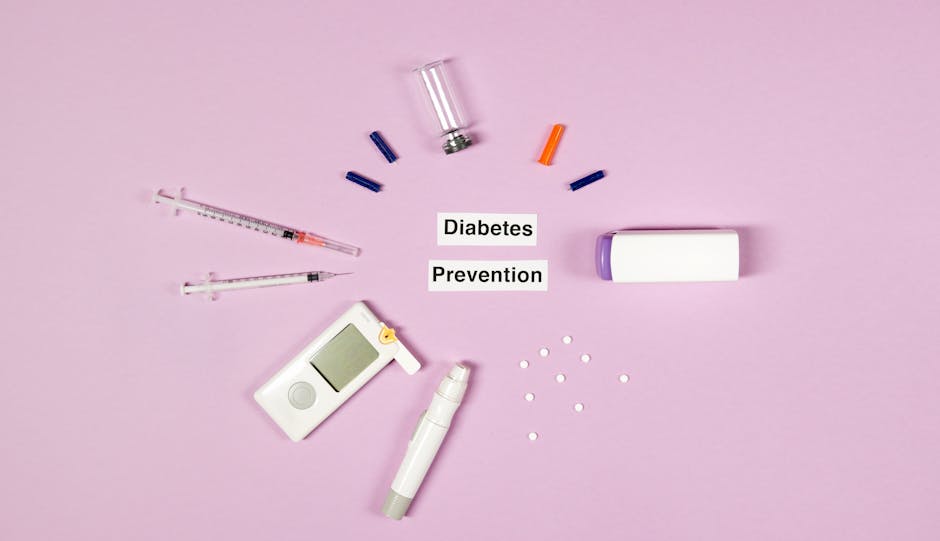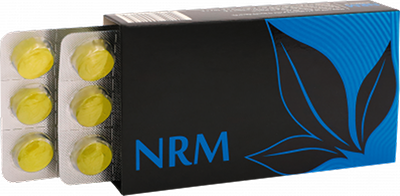
Receiving a diagnosis of pre-diabetes can be a significant moment, often prompting a mix of concern and a desire for more information. This diagnosis indicates that your blood sugar levels are higher than normal, but not yet high enough to be classified as type 2 diabetes. It serves as a crucial warning sign and, more importantly, a powerful opportunity for intervention and prevention.
What Pre-Diabetes Means for Your Health
Pre-diabetes essentially means your body isn't using insulin as effectively as it should, a condition known as insulin resistance, or your pancreas isn't making enough insulin to keep up with demand. Without lifestyle changes, pre-diabetes often progresses to type 2 diabetes, which carries a higher risk of serious health complications, including heart disease, stroke, kidney disease, nerve damage, and vision problems.
Recognizing the Signs and Risk Factors
Often, pre-diabetes has no noticeable symptoms, which is why regular check-ups and blood tests are so important. However, certain risk factors increase the likelihood of developing pre-diabetes:
- Being overweight or obese
- Age 45 or older
- Having a parent or sibling with type 2 diabetes
- Being physically inactive
- Having gestational diabetes during pregnancy, or giving birth to a baby weighing more than 9 pounds
- Having polycystic ovary syndrome (PCOS)
- Belonging to certain racial and ethnic groups (African Americans, Hispanic/Latino Americans, American Indians, Pacific Islanders, and some Asian Americans are at higher risk)
Taking Proactive Steps After Diagnosis
A pre-diabetes diagnosis is not a life sentence to diabetes; it's a wake-up call that empowers you to take control. Lifestyle changes are incredibly effective in preventing or delaying the onset of type 2 diabetes. Key strategies include:
- Dietary Adjustments: Focus on whole foods, including plenty of fruits, vegetables, lean proteins, and whole grains. Limit processed foods, sugary drinks, and excessive saturated and trans fats.
- Good Carbs / Complex Carbs Examples:
- Whole grains: Oats, brown rice, quinoa, whole-wheat bread, whole-wheat pasta, barley.
- Legumes: Lentils, chickpeas, black beans, kidney beans.
- Starchy vegetables: Sweet potatoes, corn, peas.
- Non-starchy vegetables: Broccoli, spinach, bell peppers, carrots, green beans.
- Fruits: Berries, apples, pears, oranges.
- Regular Physical Activity: Aim for at least 150 minutes of moderate-intensity aerobic activity per week, such as brisk walking, swimming, or cycling. Incorporate strength training exercises a couple of times a week.
- Weight Management: Even a modest weight loss (5-7% of your body weight) can significantly reduce your risk.
- Stress Management: Chronic stress can affect blood sugar levels. Incorporate stress-reducing activities like meditation, yoga, or spending time in nature.
- Adequate Sleep: Poor sleep can impact insulin sensitivity. Prioritize 7-9 hours of quality sleep per night.
- Regular Monitoring: Work closely with your healthcare provider to monitor your blood sugar levels and make necessary adjustments to your lifestyle plan.
The Power of Prevention and Reversal
The journey after a pre-diabetes diagnosis is one of empowerment. With commitment and consistency, many individuals can reverse pre-diabetes and return their blood sugar levels to a normal range, significantly reducing their risk of developing type 2 diabetes and its associated complications. It's a testament to the body's remarkable ability to heal and respond positively to healthy changes.
ADVERTISEMENT

Achieve Metabolic Harmony with NRM by APLGO!
Transform your well-being with NRM, the delicious apple-flavored lozenge from APLGO. Designed to support overall vitality and health, NRM uniquely focuses on improving metabolic balance, helping maintain normal blood sugar levels and a healthy insulin response. Each Acumullit SA® lozenge delivers essential nutrients like Balsam Pear, Siberian Ginseng, Garcinia Cambogia, and Fenugreek directly, enhancing your energy levels and supporting normal metabolic processes. Experience the power of precision nutrition for a healthier, more balanced you.

Back to Table of Contents